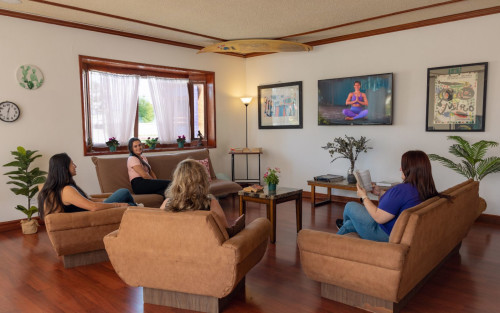



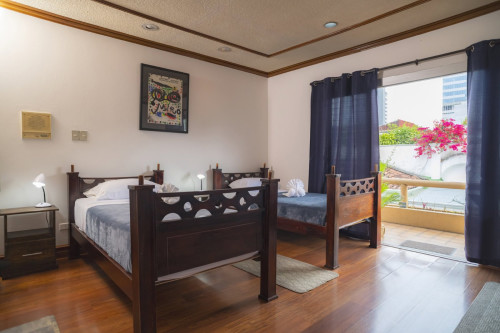




Costa Rica Recovery
This provider's information has been quality-checked by Recovery.com's Research Team for accuracy and completeness, including center verification through appropriate third-party organizations.
Treatment Focus
This center treats primary substance use disorders and co-occurring mental health conditions. Your treatment plan addresses each condition at once with personalized, compassionate care for comprehensive healing.
Primary Level of Care
Offering intensive care with 24/7 monitoring, residential treatment is typically 30 days and can cover multiple levels of care. Length can range from 14 to 90 days typically.
Treatment Focus
This center treats primary substance use disorders and co-occurring mental health conditions. Your treatment plan addresses each condition at once with personalized, compassionate care for comprehensive healing.
Primary Level of Care
Offering intensive care with 24/7 monitoring, residential treatment is typically 30 days and can cover multiple levels of care. Length can range from 14 to 90 days typically.
Provider's Policy
Most of our participants opt for private pay upfront. We understand that financial flexibility is important, which is why, if you’re eligible, we may offer customized payment plans. Our admissions team will provide a transparent cost breakdown for the treatment plans you are interested in.
Costa Rica Recovery
Costa Rica Recovery
About Costa Rica Recovery
Costa Rica Recovery helps clients facing addiction heal in every aspect of their lives, especially those who have struggled with chronic relapse. Guided by trauma-informed therapists and clinicians in long-term recovery, their residential programs blend holistic therapies, medical support, and close-knit community care, with a smaller capacity of just 10–18 clients to ensure personalized attention. Located downtown near medical facilities, they offer cost-effective treatment abroad with quick admissions and a commitment to privacy.
Choose a Program Length That Feels Right
Costa Rica Recovery offers 30-, 60-, and 90-day residential programs to meet the individual needs and recovery goals of each client. Shorter stays focus on laying a foundation of essential recovery principles and coping strategies. Extended programs allow time to explore underlying emotional and psychological issues, and practice relapse prevention techniques. The 90-day option prepares clients for life after treatment with personalized strategies and support.
Discover Therapies That Inspire Change
Costa Rica Recovery combines the most effective, scientifically validated therapies with holistic practices to create a well-rounded recovery experience. Through one-on-one and group therapy sessions, clients learn to change negative thoughts and behaviors, regulate emotions, strengthen relationships, recognize triggers, and prevent relapse. Discharge planning connects each client to a therapist and 12-Step program near home.
Experience Comfort in an Urban Oasis
Costa Rica Recovery is located in the Rohrmoser neighborhood, where clients enjoy the amenities of city life like the short walk to the Estadio Nacional and the vibrant Parque Sabana. Clients stay in private or semi-private rooms with tasteful decor, and enjoy relaxing and socializing in the lounges and outdoor areas. The culinary team prepares balanced, delicious meals, offering a dining experience that encourages connection. After an initial 7-day blackout, clients are permitted to use their phone for 90 minutes per day.
Highlights from the Center
Highlights
These highlights are provided by and paid for by the center.
1-on-1 Counseling
Therapeutic Location
Wellness Emphasis
Beach Access
Center Overview
Treatment Focus
This center primarily treats substance use disorders, helping you stabilize, create relapse-prevention plans, and connect to compassionate support.

Insurance Accepted
Cash Pay Rates
Estimated Cash Pay Rate
Center pricing can vary based on program and length of stay. Contact the center for more information. Recovery.com strives for price transparency so you can make an informed decision.
Recovery.com Verified Listing
Recovery.com verified that the name, location, contact information and license to operate for this treatment provider are valid and up-to-date.

Licensed by Costa Rica
Recovery.com is an independent, third-party mental health resource. Verification does not imply endorsement and does not guarantee the quality of treatment services.
Meet your care team
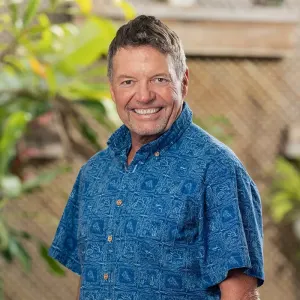
Scott Huseby
President & Hope Dealer-In-Chief (CEO)
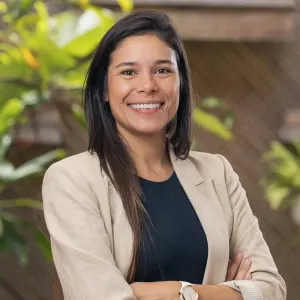
Sharon Fallas Moya
Clinical Team Director
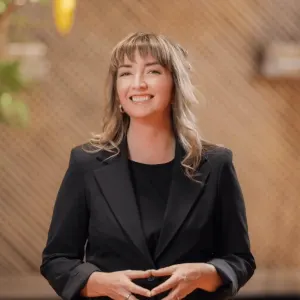
Rachel Ena Baxter
Managing Director
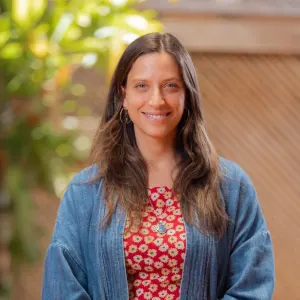
Laura Elizondo
Psychologist
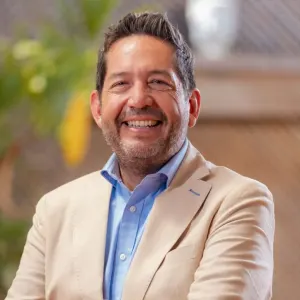
James Villalobos, RN, V
Business Development
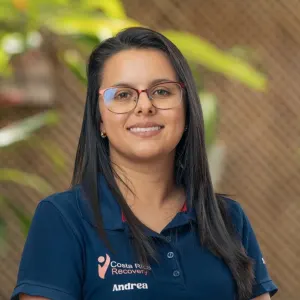
Andrea Céspedes Gamboa, LCSW
Social Worker
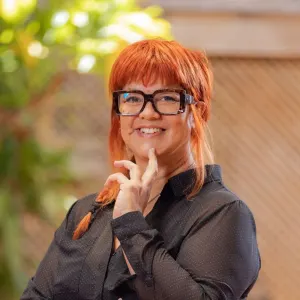
Pilar Arce
Recovery Counselor
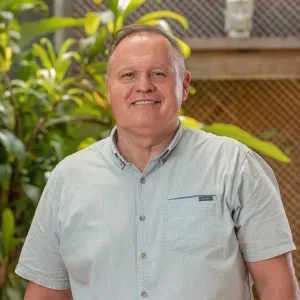
Richard LeBow
Recovery Counselor
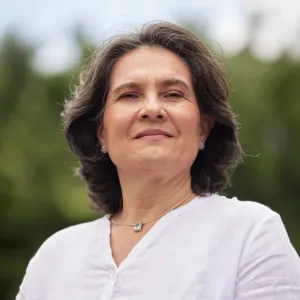
Laura Sibaja
Sound Healing Therapist
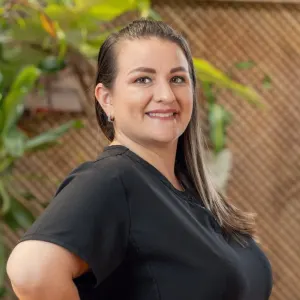
Silvia Chaves Rodriguez
Nurse Residential Coordinator
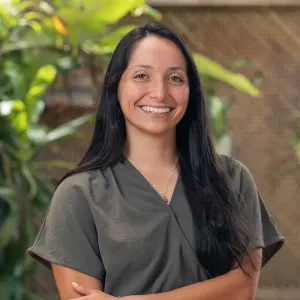
Mariana Guevara Morales
Operations Supervisor / Occupational Therapist
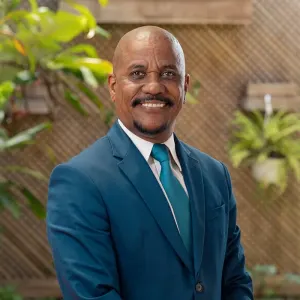
Marco Morris
Facilities & Activities Manager
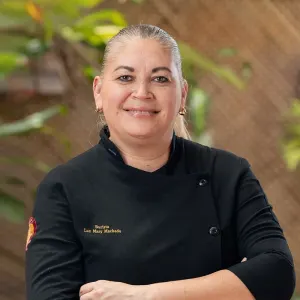
Luz Mary Machado
Head Chef
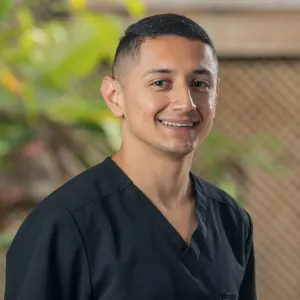
Cesar Murillo Jara
Nurse Residential Coordinator
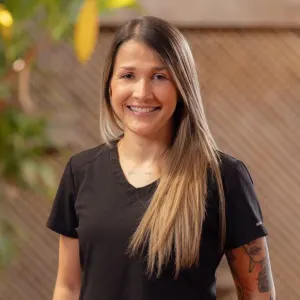
Indira Aguilar Fallas
Nurse Residential Coordinator
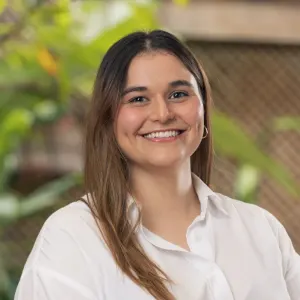
Cecilia Simón Solano
Residential Coordinator
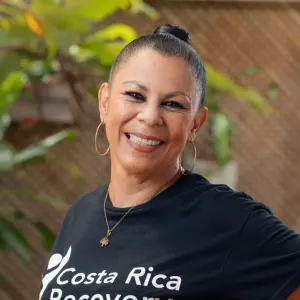
Marianella Zuñiga Loria (Nela)
Support Staff
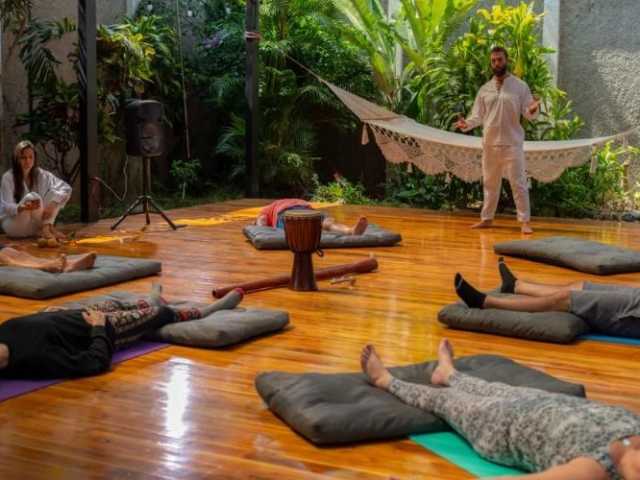



Treatment
Specializations
Cocaine
Cocaine is a stimulant with euphoric effects. Agitation, muscle ticks, psychosis, and heart issues are common symptoms of cocaine abuse.
Benzodiazepines
Benzodiazepines are prescribed to treat anxiety and sleep issues. They are highly habit forming, and their abuse can cause mood changes and poor judgement.
Anxiety
Anxiety is a common mental health condition that can include excessive worry, panic attacks, physical tension, and increased blood pressure.
Drug Addiction
Drug addiction is the excessive and repetitive use of substances, despite harmful consequences to a person's life, health, and relationships.
Chronic Relapse
Consistent relapse occurs repeatedly, after partial recovery from addiction. This condition requires long-term treatment.
Opioids
Opioids produce pain-relief and euphoria, which can lead to addiction. This class of drugs includes prescribed medication and the illegal drug heroin.
Holistic
A non-medicinal, wellness-focused approach that aims to align the mind, body, and spirit for deep and lasting healing.
Alcohol
Using alcohol as a coping mechanism, or drinking excessively throughout the week, signals an alcohol use disorder.
Who We Treat
Men and Women
Men and women attend treatment for addiction in a co-ed setting, going to therapy groups together to share experiences, struggles, and successes.
Young Adults
Emerging adults ages 18-25 receive treatment catered to the unique challenges of early adulthood, like college, risky behaviors, and vocational struggles.
LGBTQ+
Addiction and mental illnesses in the LGBTQ+ community must be treated with an affirming, safe, and relevant approach, which many centers provide.
Midlife Adults
For adults ages 40+, treatment shifts to focus on the unique challenges, blocks, and risk factors of their age group, and unites peers in a similar community.
Pregnant Women
Addiction and mental health treatment meets the clinical and psychological needs of pregnant women, ensuring they receive optimal care in all areas.
Professionals
Busy, high-ranking professionals get the personalized treatment they need with greater accommodations for work, privacy, and outside communication.
Treatment Services
Residential
In a residential rehab program, patients live onsite, with access to daily treatment and 24-hour care. An average stay is 30-90 days.
Detox
Detox fully and safely removes toxic substances from the body, allowing the next steps in treatment to begin with a clean slate.
Approaches
Personalized Treatment
The specific needs, histories, and conditions of individual patients receive personalized, highly relevant care throughout their recovery journey.
Holistic
A non-medicinal, wellness-focused approach that aims to align the mind, body, and spirit for deep and lasting healing.
Evidence-Based
A combination of scientifically rooted therapies and treatments make up evidence-based care, defined by their measured and proven results.
Therapies
Stress Management
Patients learn specific stress management techniques, like breathing exercises and how to safely anticipate triggers.
Spiritual Care
Tending to spiritual health helps treatment become more effective, allowing patients to better cope with their emotions and rebuild their spiritual wellbeing.
1-on-1 Counseling
Patient and therapist meet 1-on-1 to work through difficult emotions and behavioral challenges in a personal, private setting.
Family Therapy
Family therapy addresses group dynamics within a family system, with a focus on improving communication and interrupting unhealthy relationship patterns.
Acceptance and Commitment Therapy (ACT)
This cognitive behavioral therapy teaches patients to accept challenging feelings and make the appropriate changes to reach personal goals.
Twelve Step Facilitation
12-Step groups offer a framework for addiction recovery. Members commit to a higher power, recognize their issues, and support each other in the healing process.
Conditions We Treat
Post Traumatic Stress Disorder
PTSD is a long-term mental health issue caused by a disturbing event or events. Symptoms include anxiety, dissociation, flashbacks, and intrusive thoughts.
Anxiety
Anxiety is a common mental health condition that can include excessive worry, panic attacks, physical tension, and increased blood pressure.
Depression
Symptoms of depression may include fatigue, a sense of numbness, and loss of interest in activities. This condition can range from mild to severe.
Grief and Loss
Grief is a natural reaction to loss, but severe grief can interfere with your ability to function. You can get treatment for this condition.
Codependency
Codependency is a pattern of emotional dependence and controlling behavior. It's most common among people with addicted loved ones.
Pornography Addiction
A person with a porn addiction is emotionally dependent on pornography to the point that it interferes with their daily life and relationships.
Gambling
Excessive, repetitive gambling causes financial and interpersonal problems. This addiction can interfere with work, friendships, and familial relationships.
Internet Addiction
Internet addiction is common among children teens. This compulsive disorder can damage relationships, school performance, sleep habits, and physical health.
Personality Disorders
Personality disorders destabilize the way a person thinks, feels, and behaves. If untreated, they can undermine relationships and lead to severe distress.
Substances We Treat
Cocaine
Cocaine is a stimulant with euphoric effects. Agitation, muscle ticks, psychosis, and heart issues are common symptoms of cocaine abuse.
Prescription Drugs
It's possible to abuse any drug, even prescribed ones. If you crave a medication, or regularly take it more than directed, you may have an addiction.
Benzodiazepines
Benzodiazepines are prescribed to treat anxiety and sleep issues. They are highly habit forming, and their abuse can cause mood changes and poor judgement.
Ecstasy
Ecstasy is a stimulant that causes intense euphoria and heightened awareness. Abuse of this drug can trigger depression, insomnia, and memory problems.
Co-Occurring Disorders
A person with multiple mental health diagnoses, such as addiction and depression, has co-occurring disorders also called dual diagnosis.
Drug Addiction
Drug addiction is the excessive and repetitive use of substances, despite harmful consequences to a person's life, health, and relationships.
Chronic Relapse
Consistent relapse occurs repeatedly, after partial recovery from addiction. This condition requires long-term treatment.
Heroin
Heroin is a highly addictive and illegal opioid. It can cause insomnia, collapsed veins, heart issues, and additional mental health issues.
Languages
Aftercare
Experience
Personal Amenities
Amenities
Special Considerations
Healthy Meals are provided
Great food meets great treatment, with providers serving healthy meals to restore nutrition, wellbeing, and health.
Flexible technology policies
Centers with flexible technology policies allow professionals to stay in touch with work and give patients a greater sense of connection and normalcy.
Activities
Yoga
Yoga is both a physical and spiritual practice. It includes a flow of movement, breathing techniques, and meditation.
Off-Site Activities
Off-Site Amenities

Learn More About the Center
The Benefits of Traveling to Costa Rica Treatment
Discover how distance fosters focus, privacy, and powerful opportunities for transformation.
Mindfulness Activities Improve Treatment Outcomes
Learn how mindful practices ease stress, enhance clarity, and support lasting recovery.
How to Manage Recovery Upon Returning Home
Navigate post-treatment life with strategies that sustain progress and prevent setbacks.
How Support Groups Help in Early Sobriety
Find strength, accountability, and connection during the most vulnerable stages of healing.
What people are saying
Accommodations
Food & Nutrition
Treatment
Value
Pros
- Excellent & Effective Treatment Programming (5)
- Personalized (6)
- Friendly & Competent Staff (7)
- Smooth Transition Post-Treatment (3)
See More
Bo
Garrett Aguilar
VBM
Britt K.
Kyle
We love hearing about your treatment experience
Help individuals and families seeking treatment by sharing your first-hand experience with this treatment provider. Review Guidelines.





